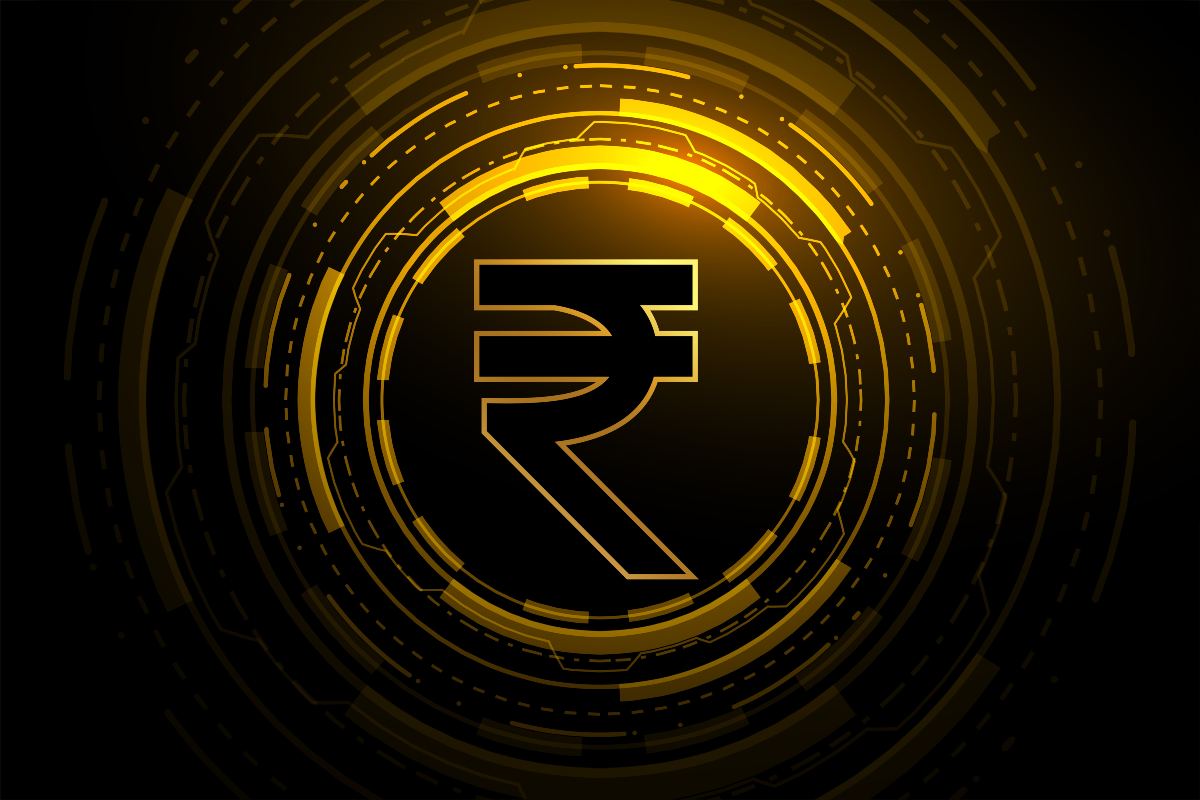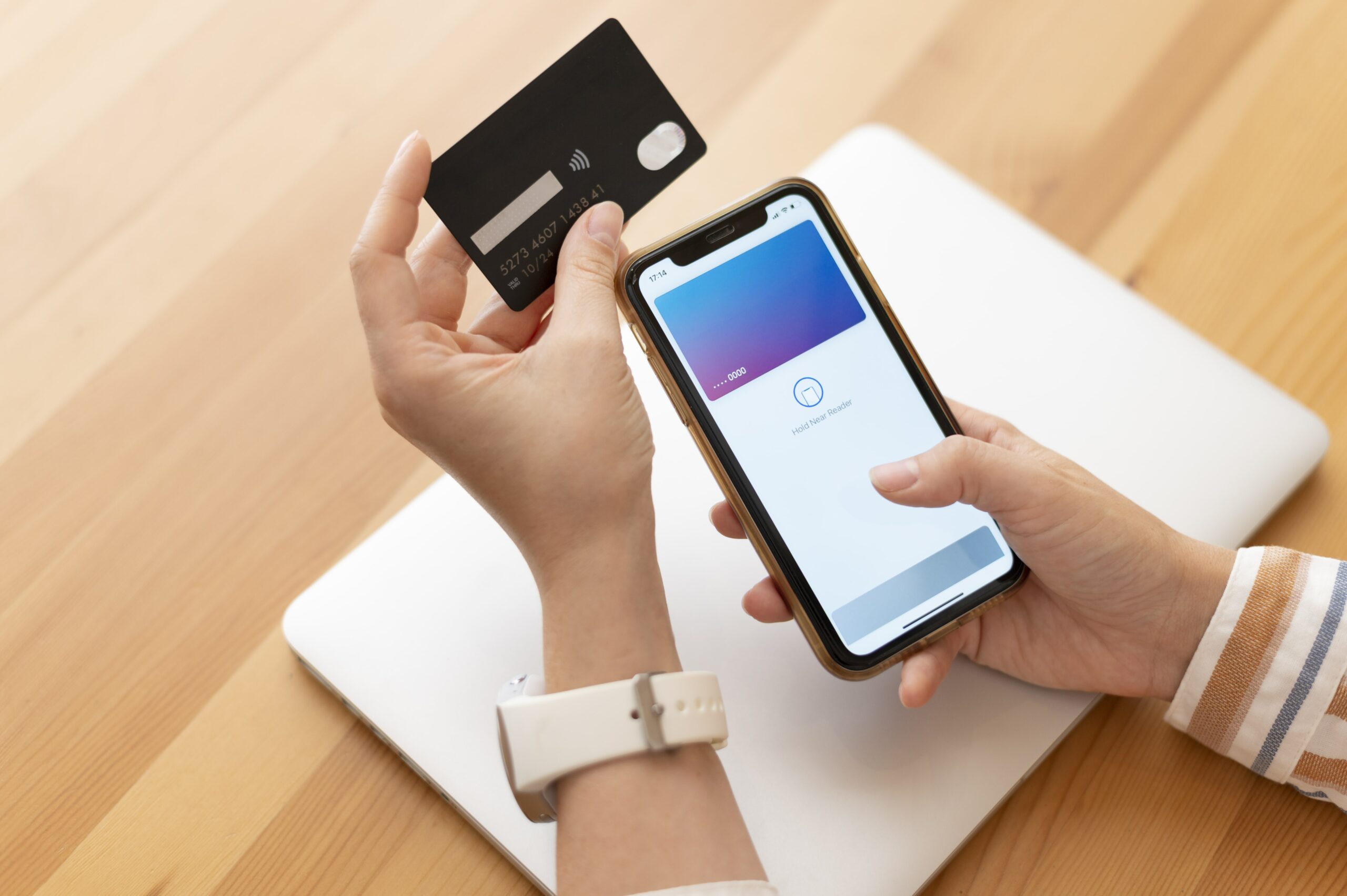The Reserve Bank of India is planning to introduce a new digital currency, known as the "digital rupee" or "e₹," which will be considered legal tender in the country. This digital currency will be equal in value to traditional currency and can be used for payments and as a store of value.
The digital rupee is different from private cryptocurrencies, as it is an electronic version of the official currency issued by the central bank and is considered to be a safer option. The pilot launch of the digital rupee is aimed at providing an additional way for people to use money and make transactions more convenient.
What is Digital Rupee?
Digital Rupee, or Central Bank Digital Currency, is a digital form of money that is issued and controlled by a country's central bank. It can be used for transactions like physical currency but unlike physical currency, it cannot be lost or damaged since it is managed on a digital ledger.
CBDCs can come in two forms: retail (CBDC-R) for everyday transactions and wholesale (CBDC-W) for interbank settlements and large-scale transactions. The wholesale version is expected to lower transaction costs and improve the efficiency of interbank markets. Some central banks around the world are currently experimenting with implementing CBDCs.
Why is RBI Introducing CBDC?
The Reserve Bank of India (RBI) had the vision to create a digital currency that will enhance the way we transact and pay. The CBDC will complement, not replace, current forms of money and will provide an additional payment avenue for users, without disrupting existing payment systems.
With CBDC, the RBI aims to:
- Bolster India’s digital economy and enhance financial inclusion
- Make monetary and payment systems more efficient
- Reduce costs associated with physical cash management
- Promote digitization and a less-cash economy
- Support competition, efficiency, and innovation in payments
- Improve cross-border transactions
- Safeguard the trust of the common man in the national currency by preventing the proliferation of crypto assets.
CBDCs are the future of money, and the RBI is taking steps to ensure that India is at the forefront of this exciting development. With the introduction of CBDC, we can look forward to a more efficient and inclusive financial system that will benefit all.
How to Buy RBI Digital Rupee?
The Reserve Bank of India (RBI) has taken a major step forward in the digital revolution by selecting eight banks to participate in a phased pilot program for the digital rupee, also known as the e-rupee. Imagine the convenience of being able to make transactions with just the tap of your phone, no more carrying around cash or cards. This becomes possible with the introduction of the Digital Rupee.
The first phase of the pilot program will include the State Bank of India, ICICI Bank, Yes Bank, and IDFC First Bank in selected cities. Four more banks will join the pilot during the second phase. These participating banks have developed digital rupee apps that make transactions more convenient and accessible than ever before. Transactions can be made using QR codes displayed at merchants, such as shops and malls, to pay with e-rupee. It's important to note that the e-rupee is a digital version of cash or paper money and not a cryptocurrency, so you can enjoy the convenience without any added risk.
What are the Benefits of the Digital Rupee?
The Central Bank Digital Currency (CBDC) is the digital version of cash, issued and regulated by the central bank. It offers many benefits compared to traditional cash and even cryptocurrency. Here are some of the key benefits of CBDC:
- Convertibility: You can easily convert your digital money into cash or commercial bank money.
- Accessibility: As a flexible legal tender, you can use CBDC even if you don’t have a bank account.
- Durability: CBDC is immune to physical damage and can't be destroyed by tearing, burning, or any other means.
- Unique: CBDC cannot be replaced by any other digital form of money.
- Permanent: Digital money is equal to paper currency, it will last as long as your paper money last.
- Stability: Unlike cryptocurrency, CBDC is governed by a central authority, which means it has a low risk of being volatile and provides security to its user.
With CBDC, you can enjoy the convenience and security of digital transactions, while also being able to convert it into cash or commercial bank money as needed. It's a win-win situation for everyone.
How is Digital Rupee Different from Money in Digital Form?
The Reserve Bank of India (RBI) has highlighted the key difference between a Central Bank Digital Currency (CBDC) and other digital forms of money. CBDCs are issued and controlled by the central bank, while other digital forms of money are issued and controlled by commercial banks. In other words, a CBDC is a liability of the central bank, while digital money from commercial banks is a liability of the bank itself.
What is the Difference Between Digital Rupee and Cryptocurrency?
A cryptocurrency is a type of digital asset that is exchanged between people without the need for a central authority or intermediary. It uses blockchain technology, which is a decentralized system for recording transactions. However, some people have raised concerns about the lack of regulation and oversight in the cryptocurrency market.
Unlike cryptocurrencies, the digital rupee will be backed by the government and will have the same value as physical rupee notes. Manoj Dalmia, the founder of Proassetz Exchange, stated that the digital rupee will be different from other cryptocurrencies like Bitcoin and Ethereum because of its government backing and intrinsic value.
Final Thoughts
The Reserve Bank of India (RBI) is introducing a digital version of the rupee in order to address issues related to traditional physical currencies and cross-border transactions. The digital rupee aims to make cross-border money transfers and currency conversions more efficient and cost-effective.
It is also expected to improve bank cash management and operations. Additionally, the digital rupee can help address the issue of anonymity in cash transactions and reduce the demand for physical cash, ultimately saving the government money on operational, printing, distribution, and storage costs and moving towards a cashless economy.
FAQs
-
Does the new 30% tax on Cryptocurrencies include Digital Rupee?
All digital currencies, such as Bitcoin, Ethereum, and Solana, will be subject to taxation. However, the digital rupee issued by the Reserve Bank of India (RBI) will not be subject to tax regulations.
-
Where can I buy a digital rupee?
The Reserve Bank of India (RBI) has currently approved four banks, including State Bank of India, Yes Bank, ICICI Bank, and IDFC First Bank, to sell digital rupees. However, the RBI plans to add more banks to the program in the near future.
-
Can I shop using a digital rupee?
Retail digital rupee, also known as CBDC-R, can be used to make purchases at stores or malls that accept it. The process is simple, you just need to scan the QR code at the store and pay with the digital currency stored in your digital wallet. Additionally, you can also use the digital rupee for online transactions.
-
Can I transfer digital money to family and friends?
Digital money is a digital version of cash, it works in the same way as physical currency, the main difference is that it is in a digital format. With digital money, you can make purchases, send money to friends and family, and conduct transactions just as you would with physical cash. However, for this to happen, both the sender and the receiver must have a digital wallet to store and access the digital money.







